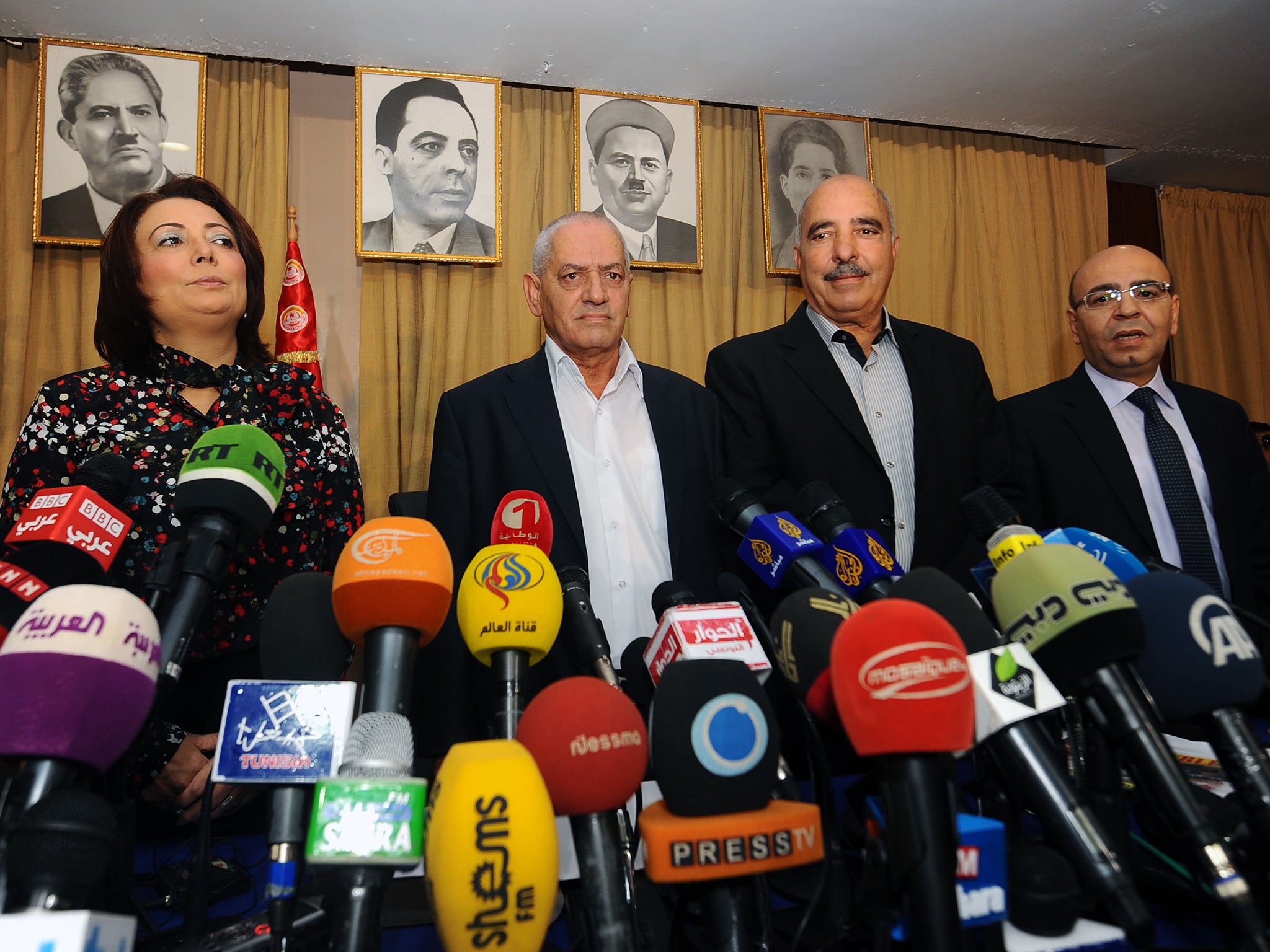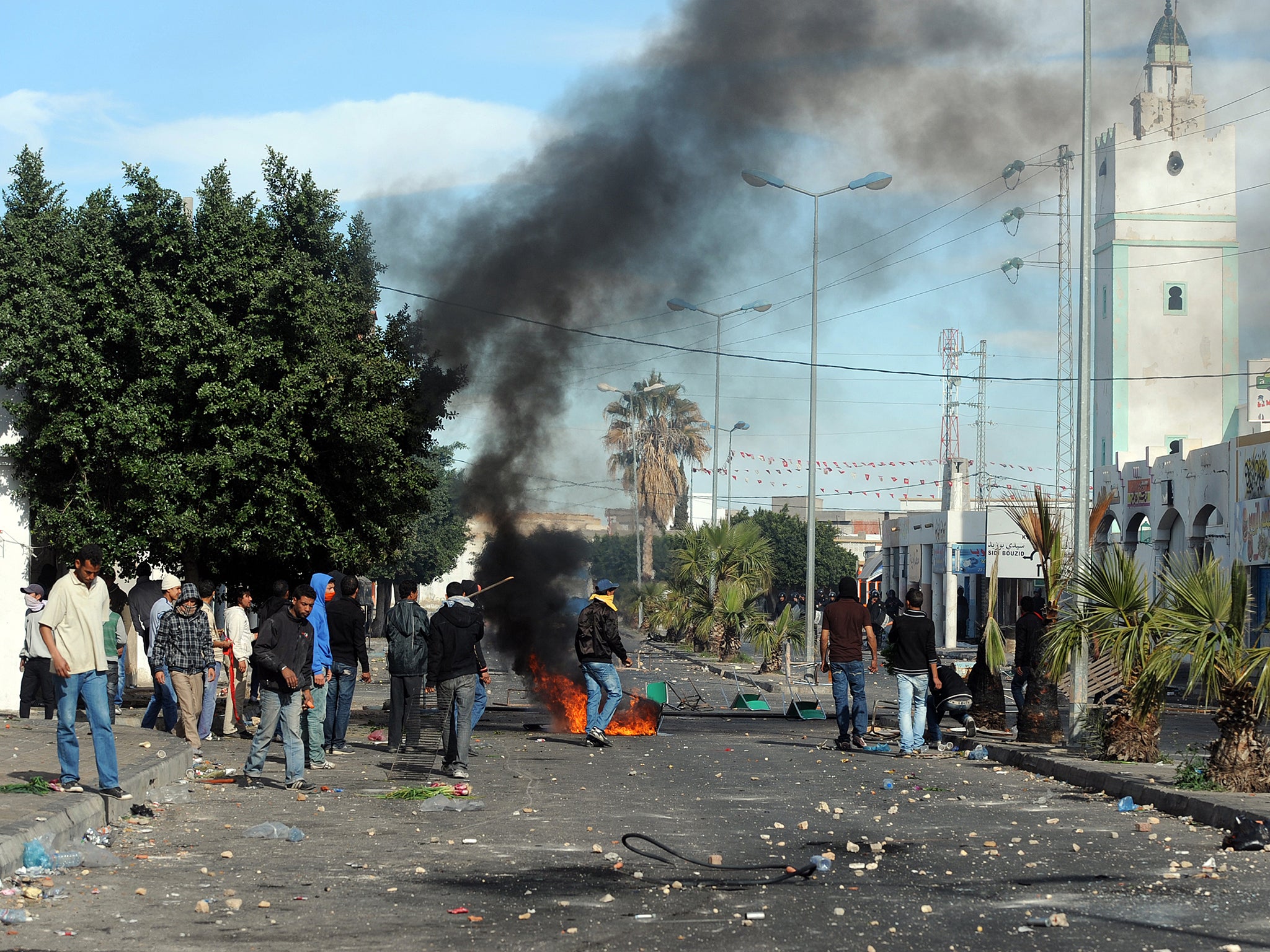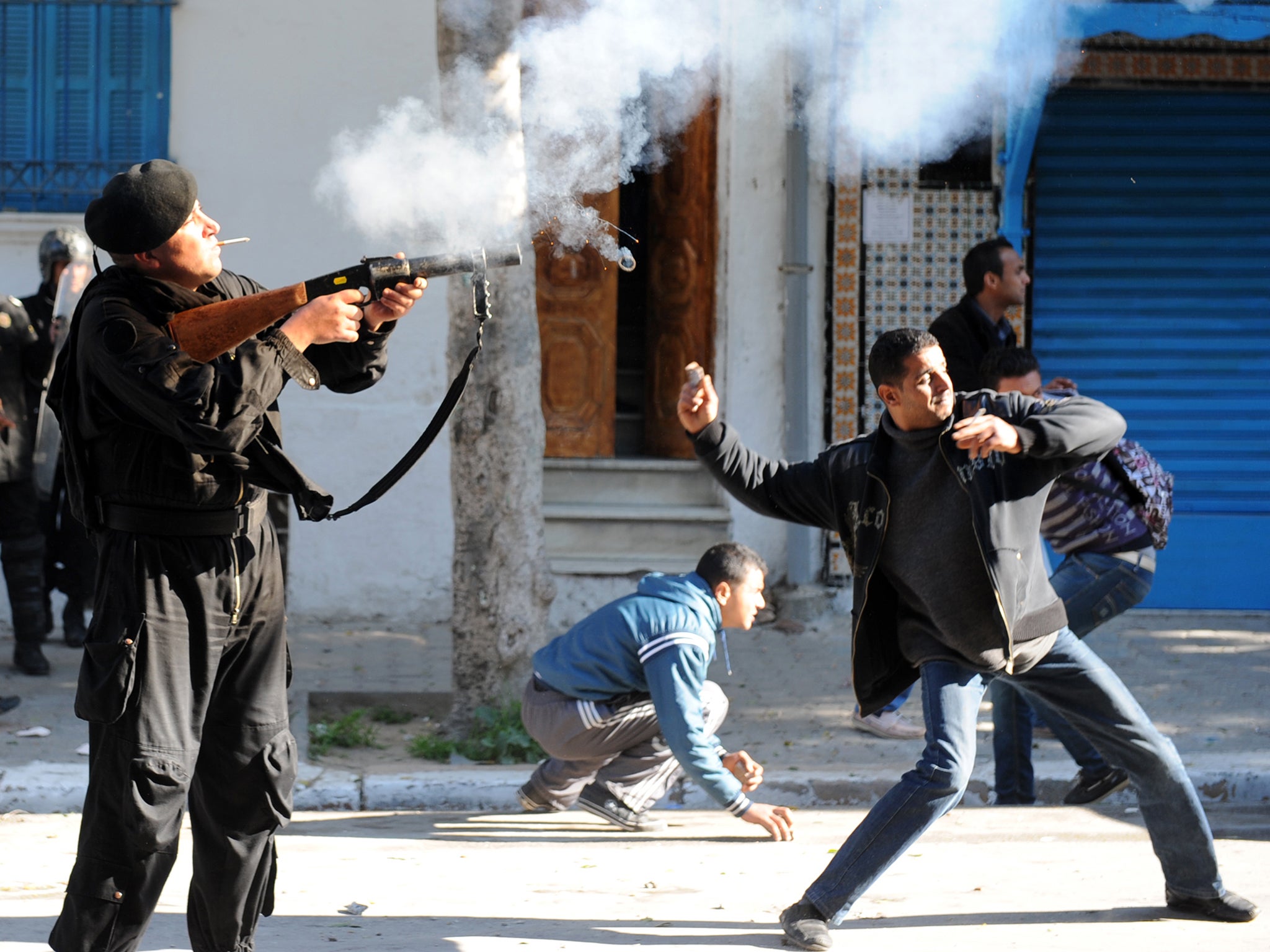Tunisian National Dialogue Quartet: What is it and why did it win the Nobel Peace Prize?
The Quartet worked to support democratic elections in Tunisia following the Arab Spring in 2011

Your support helps us to tell the story
From reproductive rights to climate change to Big Tech, The Independent is on the ground when the story is developing. Whether it's investigating the financials of Elon Musk's pro-Trump PAC or producing our latest documentary, 'The A Word', which shines a light on the American women fighting for reproductive rights, we know how important it is to parse out the facts from the messaging.
At such a critical moment in US history, we need reporters on the ground. Your donation allows us to keep sending journalists to speak to both sides of the story.
The Independent is trusted by Americans across the entire political spectrum. And unlike many other quality news outlets, we choose not to lock Americans out of our reporting and analysis with paywalls. We believe quality journalism should be available to everyone, paid for by those who can afford it.
Your support makes all the difference.The Nobel Peace Prize has been awarded to a coalition of civil organisations in Tunisia, for their work in creating a peaceful political process in the aftermath of the Arab Spring in 2011.
You can read our live updates from the 2015 Nobel Peace Prize announcement in Oslo here.
Announcing the prize, the Nobel committee praised the Tunisian National Dialogue Quartet "for its decisive contribution to the building of a pluralistic democracy in Tunisia" following the Tunisian Revolution.
The revolutionary wave, which spread to a number of countries in North Africa and the Middle East, forced leaders from power in Tunisia, Egypt, Libya and Yemen.
A Tunisian union leader who played a key role in democracy-building says he's "overwhelmed" by the gesture.
Houcine Abassi, secretary general of the UGTT union, told The Associated Press: "It's a prize that crowns more than two years of efforts deployed by the quartet when the country was in danger on all fronts."
"I am happy," he said, adding that the quartet members weren't expecting the prize.
He described how the UGTT, a human rights group, a trade group and a lawyers group joined together to try to "bring the country out of crisis."
The prize is a huge victory for Tunisia, whose young and still shaky democracy suffered two extremist attacks this year that killed 60 people and devastated the tourism industry.

What is the Tunisian National Dialogue Quartet?
The Quartet was formed in 2013 when the democratization process following the Tunisian Revolution was in danger of collapsing as a result of political assassinations and widespread social unrest.
It is comprised of four key organisations in Tunisian civil society: the Tunisian General Labour Union, the Tunisian Confederation of Industry, Trade and Handicrafts, the Tunisian Human Rights League and the Tunisian Order of Lawyers.
Each organisation represents different values in Tunisian society: working life and welfare, principles of the rule of law and human rights.

What did the group achieve?
They worked to secure approval of the constitutional process among the Tunisian population, culminating in democratic elections following the Tunisian Revolution.
"It was thus instrumental in enabling Tunisia... to establish a constitutional system of government guaranteeing fundamental rights for the entire population, irrespective of gender, political conviction or religious belief," Kaci Kullmann Five, head of the Norwegian Nobel Peace Prize committee, said.
As such, the award was given to the Quartet, rather than the four individual organisations.
“The Norwegian Nobel Committee hopes that this year’s prize will contribute towards safeguarding democracy in Tunisia and be an inspiration to all those who seek to promote peace and democracy in the Middle East, North Africa and the rest of the world.
“More than anything, the prize is intended as an encouragement to the Tunisian people, who despite major challenges have laid the groundwork for a national fraternity which the Committee hopes will serve as an example to be followed by other countries.”
Join our commenting forum
Join thought-provoking conversations, follow other Independent readers and see their replies
Comments